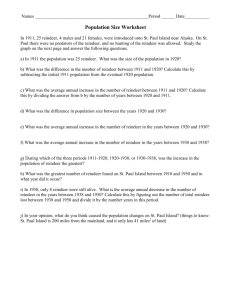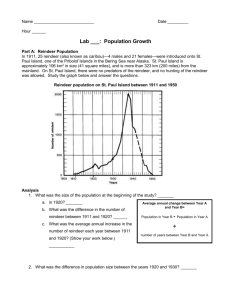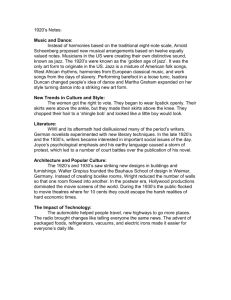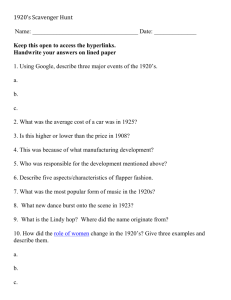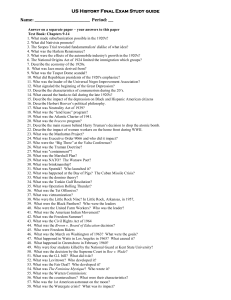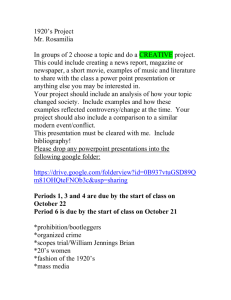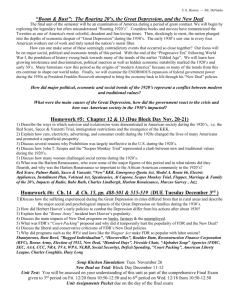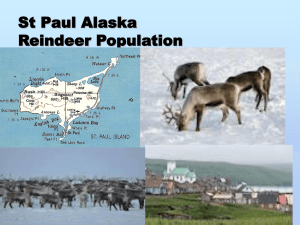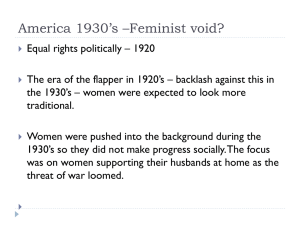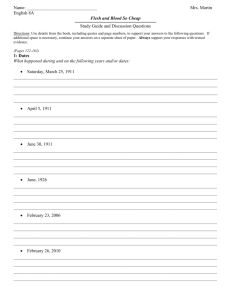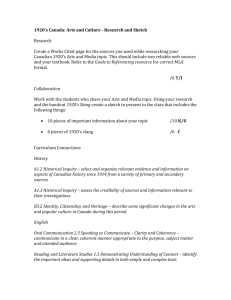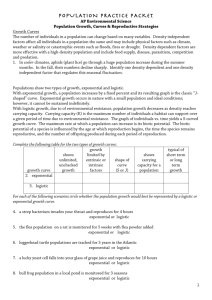Population Size Activity
advertisement
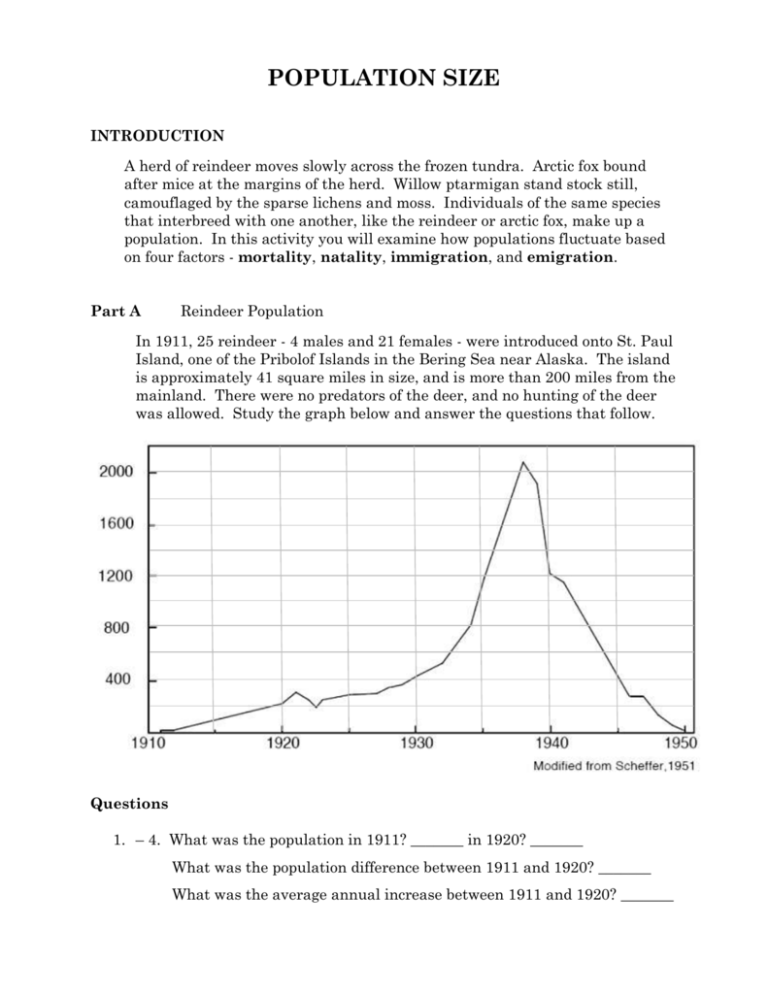
POPULATION SIZE INTRODUCTION A herd of reindeer moves slowly across the frozen tundra. Arctic fox bound after mice at the margins of the herd. Willow ptarmigan stand stock still, camouflaged by the sparse lichens and moss. Individuals of the same species that interbreed with one another, like the reindeer or arctic fox, make up a population. In this activity you will examine how populations fluctuate based on four factors - mortality, natality, immigration, and emigration. Part A Reindeer Population In 1911, 25 reindeer - 4 males and 21 females - were introduced onto St. Paul Island, one of the Pribolof Islands in the Bering Sea near Alaska. The island is approximately 41 square miles in size, and is more than 200 miles from the mainland. There were no predators of the deer, and no hunting of the deer was allowed. Study the graph below and answer the questions that follow. Questions 1. – 4. What was the population in 1911? _______ in 1920? _______ What was the population difference between 1911 and 1920? _______ What was the average annual increase between 1911 and 1920? _______ 5. – 6. What was the population difference between 1920 and 1930? ________ What was the average annual increase between 1920 and 1930? ________ 7. – 8. What was the population difference between 1930 and 1938? ________ What was the average annual increase between 1930 and 1938? _______ 9. During which of the 3 periods - 1911-1920, 1920-1930, or 1930-1938 - was the annual increase in population greatest? ________________________ 10. – 11. What was the greatest population found on St. Paul Island between 1911 and 1950? ________________ In what year? ___________ 12. In 1950, only 8 reindeer were still alive. What was the average annual decrease between 1938 and 1950? ________________ Analysis 13. Could immigration or emigration have played a major role in the size of the population? ________________ Explain. _________________________________ _______________________________________________________________________ 14. What might account for the tremendous increase in population between 1930 and 1938? _____________________________________________________________ 15. What effect might 2000 deer have on the island and its vegetation? _______________________________________________________________________ 16. What might account for the tremendous decrease in population between 1938 and 1950? ______________________________________________________________ Part B Human Population Use the table below to graph the growth of human population. DO NOT USE BREAKS ON YOUR “DATE IN A.D.” AXIS!!! Date in A.D. 1 1000 1200 1500 1650 1750 1850 1900 Population (millions) 250 280 384 427 470 Black Death 694 1100 1600 Date in A.D. 1920 1930 1940 1950 1960 1980 1985 1990 2005 Population (millions) 1800 2070 2300 2500 3000 4450 4850 5300 6450 (6,446,131,400) Title: _________________________________________________________________ Questions 17. Use the graph to give a good estimate for the following: When did the AD 1 population double for the first time? ________ When did it double a second time? __________ a third? __________ Is the doubling time increasing or decreasing? ____________________ 18. Use the formulas below to predict the next population doubling. rate of growth (%) = (population in 1990 - population in 1980) x 100 population in 1980 x 10 years doubling time = 70 / rate of growth Your calculations Analysis 19. What similarities do you see between the reindeer and human graphs? _____________________________________________________________________ _____________________________________________________________________ 20. In what ways is the Earth similar to St. Paul Island? _____________________________________________________________________ _____________________________________________________________________ 21. What might happen to the human population if growth continues? _____________________________________________________________________ _____________________________________________________________________ 22. If necessary, what humane methods might be used to control growth rate? _____________________________________________________________________ _____________________________________________________________________
